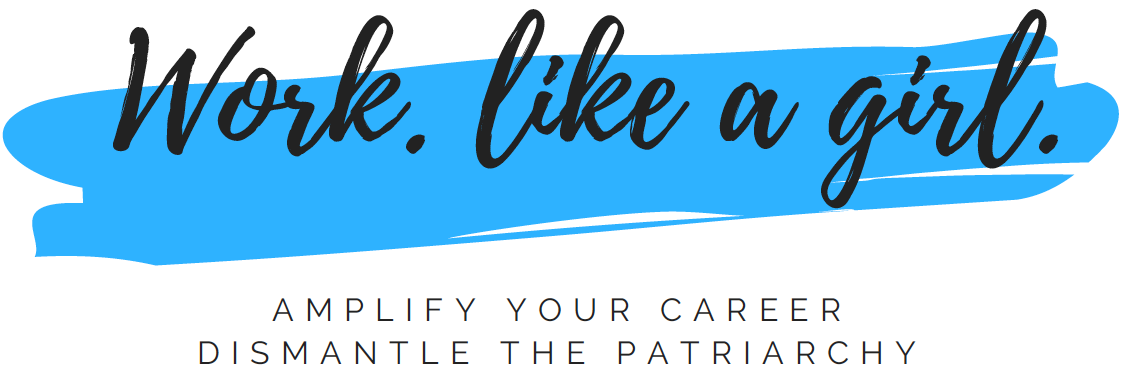When Someone at Work Acts in a Biased Way, How Do I Bring It Up?
We assume, many times subconsciously, that other people have the same information and the same priorities that we do. That is not true. So before dismissing anyone as a misogynist, a sexist, or a bigot, it helps to gather information by asking some open-ended questions.
For example, let’s say you introduce an idea at a meeting and the boss does not acknowledge it. But Jim brings up the same idea 12 minutes later, and he is suddenly the team savior. Your idea is acknowledged and rewarded – by no credit goes to you. How do you handle this?
It takes some savvy, because saying, “Hey that was my idea and you ignored it!” is often met with distain, as though you’re a either sore loser, or a liar. But these micro-aggressions happen all too often, and of course you want to scream, “That was my idea!” Furthermore, many times we’re so stunned in the moment that we can do nothing more than look on as the car accident unfolds, feeling after the fact that it’s too late, and our own fault that we didn’t speak up.
So what is the alternative? Having a clarifying conversation with the decision maker can shed some light in more than one way. First, if the boss is not willing to listen to your perspective, it’s good to know ASAP, therefore, you can put your effort into finding a job or team when you are valued and have an opportunity to grow. But if your boss needs a little coaching, a clarifying conversation may make a difference.
- Set an appointment. Catching someone off guard is not a way to win them over, so let them know you’re interested in a conversation, the topic, and be specific about the time. Do you have time to talk about Tuesday’s meeting? If not now, then would Wednesday at 11AM work?
- Your intention. In order to have the optimal chance of being heard, state why you’re bringing up the matter. I wanted to acknowledge what I experienced in the meeting in the hope that we can create something better in the future. In this way, it’s understood that you have the best interest of the team at heart, and are vested in learning and growing along with everyone else.
- Ask, don’t assume. Again, we don’t all focus on the same information, or even perceive the exact same events in the same manner. Asking an open-ended question allows the boss to consider events in a non-defensive manner, and opens both parties to continuing the conversation. I mentioned the X idea after Jamie spoke first, but you did not hear it until Jim said it 10 minutes later. Did you notice you did that?
- But, then again … the boss may become defensive. That is not about you, so don’t take it personally. Rather, commit yourself to being uncomfortable. It may feel like forever in the moment, but it is only temporary. You may also want to encourage the other party to work through what he or she is experiencing as well. I realize that may be hard to hear. I want you to know this isn’t a judgment. I hope by having this conversation, our team can be better and stronger.
- Give them time. Invite the other party to consider your perspective, and acknowledge that it takes time, and is not an easy task. Offer to follow up in a couple of days, a week, or when appropriate. I realize you may want to sit with this information. I’m happy to provide you the space to do that. Would it be appropriate to follow up next week?
This is a courageous conversation, and there is risk involved in undertaking it. Your intention may not match your impact, and you could be villainized despite your best efforts. But saying nothing is complacency, and that doesn’t move us forward. Your example may create change, and result in many individuals speak up next time.


